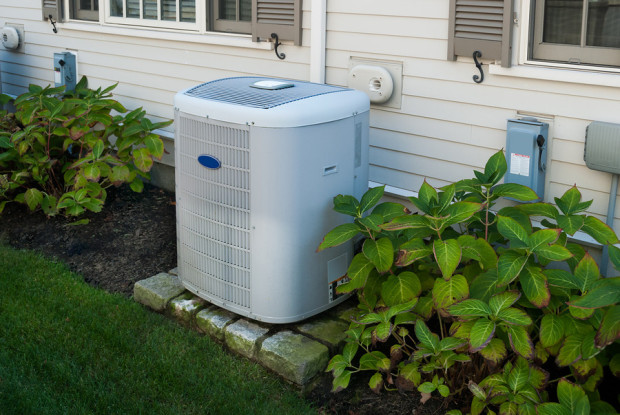- Winter-Proof Your HVAC System: What Every Homeowner Should Be Doing Right Now
- New Year, Fresh Air: 5 Simple Ways to Improve Your Home’s Air Quality in 2026
- Why Indoor Air Gets Worse in the Winter (and What You Can Do About It)
- 5 Winter HVAC Mistakes You Might Be Making (and How to Fix Them)
- Is Your HVAC Ready for Winter? 5 Things to Check Before the First Cold Snap

Everyone immediately notices when the HVAC isn’t working, but ensuring your HVAC is working properly starts with understanding the unit and how it functions. To most, the HVAC unit is the system that sits outside and cools the air in your house. While that is correct, there are many parts to the HVAC system that help it run. Included with understanding how the HVAC works, it is important to know what kind you need for your home. Different types of houses and climates can dictate what kind of system you may need. While it is not important to be an expert on your HVAC, it is important to understand the basics.
For starters, HVAC stands for Heating, Ventilating, and Air Conditioning. Your unit controls the temperature of your house by regulating those three components.
Heating and Cooling Systems
Forced Air Systems - The forced air system works to either cool or warm the air by pushing air through its respective ducts. Hot air goes into one duct to come out cool, while cold air goes into one duct to come out warm. The biggest issue for forced air systems is blowouts towards the end of their lifespan. This means the blowers forcing the air through the ducts, stop working. If the blowers do not work, the air will not circulate through the appropriate channel and the air will not change temperatures.
Gravity Systems - Gravity systems are strictly used for heating the house. Since hot air rises, these systems are placed in the basement, under the house, and heat the air. As the air rises, it moves up into the house. As the air cools, it returns to the basement to be reheated.
Radiant Systems - Similar to gravity systems, radiant systems are only for heating your house and can not be used with air conditioners. Radiant systems consist of pipes around your house that pump hot water through to heat the floors and walls and heat the room. The biggest issue with this system is that the pipes can malfunction and then be very hard to fix.

Parts of the HVAC
Regardless of the system, there are five main parts to every HVAC system. The main part of the system is the furnace. The furnace is the part of the system that uses natural gas or oil to heat up the air and return it through the vents. It is typically found in the house in the attic or the basement. The air conditioner is found outside of the house and is responsible for cooling the air down in the house. The ductwork is the system that moves the cold or warm air through the house to get it to the desired temperature. The ducts can be found on the floor of the ceiling releasing the desired air temperature. The air returns are typically found on each floor of the house. They can be on the walls or ceilings and there is typically no more than or one or two per floor. These air returns take in the air from the room, heat it or cool it, and then return it to the room through the ducts. It is very important that the air returns have filters to ensure pet hair, dust mites, and debris are not entering the HVAC system. Dirty air can cause harm to the system and shorten the lifespan. Finally, the part that people are most familiar with, the thermostat. A house can have one central thermostat or one for each floor depending on the number of systems. The thermostat is where you set the room to the desired temperature and the HVAC system works to cool or heat the air to that temperature.
Due to the importance of the HVAC system to maintain the comfortability of the house, we stress the purpose of changing air filters to prolong the life of the system. Typically, air filters should be changed anywhere from one to three months, households with pets or allergies should change them more often, whereas households without can go three months before needing to change. Just by taking out the used air filter you can see the benefit of all the dirt and dust it has kept from going into your system. Subscribe to FilterTime here and you never have to worry about remembering when to buy or change your filters.
« Back to News





